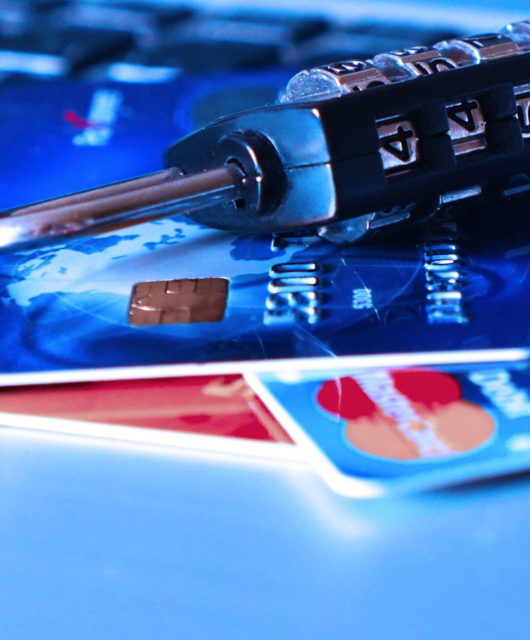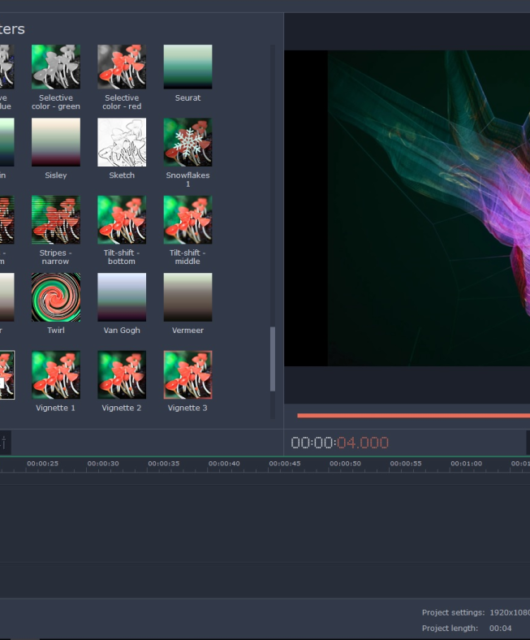Michael Hingson of accessiBe Talks About the Challenges Disabled People Face on the Internet
 Michael Hingson, who was born blind, is the Chief Vision Officer for accessiBe, a brand that’s making it easier for people with disabilities to access the Internet.
Michael Hingson, who was born blind, is the Chief Vision Officer for accessiBe, a brand that’s making it easier for people with disabilities to access the Internet.
Hingson has made it his mission since he started the company to make life easier for people who are disabled by providing them with innovative products and training support so they can do things like use Facebook, shop online, or share photos on Instagram.
The problem with the Internet for some disabled people is that they’re not apparent, although it contains many accessible options.
Hingson says he got his first computer when he was in college and had to learn everything independently because there were no organizations or books available to help him. So he started writing articles about how the Internet works for people with disabilities. Other people, he said, told him it was so helpful they were photocopying them and circulating them to friends.
Today accessiBe helps the differently-abled to access and learn about the Internet through several different media. There’s an app for Android and iOS that provides users with information on how to use their devices and access to daily news, TV shows, and other content, as well as games and education material.
There are also training sessions where people can learn about what Hingson calls the “Triple F” – Facebook, figuring out how to shop online, and file sharing.
The company also has a YouTube channel with tips on using social media, getting around your house using voice technology, shopping for Christmas gifts, and other topics. The videos are closed captioned so the deaf-blind can follow along by reading the words that appear on the screen.
Hingson says he’s trying to make it easier for people with disabilities to use technology but is also trying to help change attitudes about what they can do. He also feels strongly that people shouldn’t feel embarrassed if they need instruction on how to use a computer or other device.
“Our goal is to open up the web and technology to everyone,” he says. “That’s why we focus on groups like the elderly and people with disabilities, who traditionally get left behind.”
Hingson also notes that even if a person gets training from an organization specializing in helping disabled people, there can still be challenges online.
“In one case, I was working with a lady in a wheelchair who used a screen reader,” he says. “Her mother had taken classes on how to use the computer [and] the screen reader, but couldn’t figure out how to get it to work.”
Hingson also feels that people shouldn’t forget about the equipment they already have. He says he was visiting Universal Studios with his family in Orlando, and they were using the self-guided tour. But he couldn’t listen to what was being said, so he had to have someone next to him give him a running commentary of what was happening around them.
He says there are also accessibility issues with phones, so training people on how to use them is essential.
“It’s not just about websites,” he says. “It needs to be accessible for everyone.”









